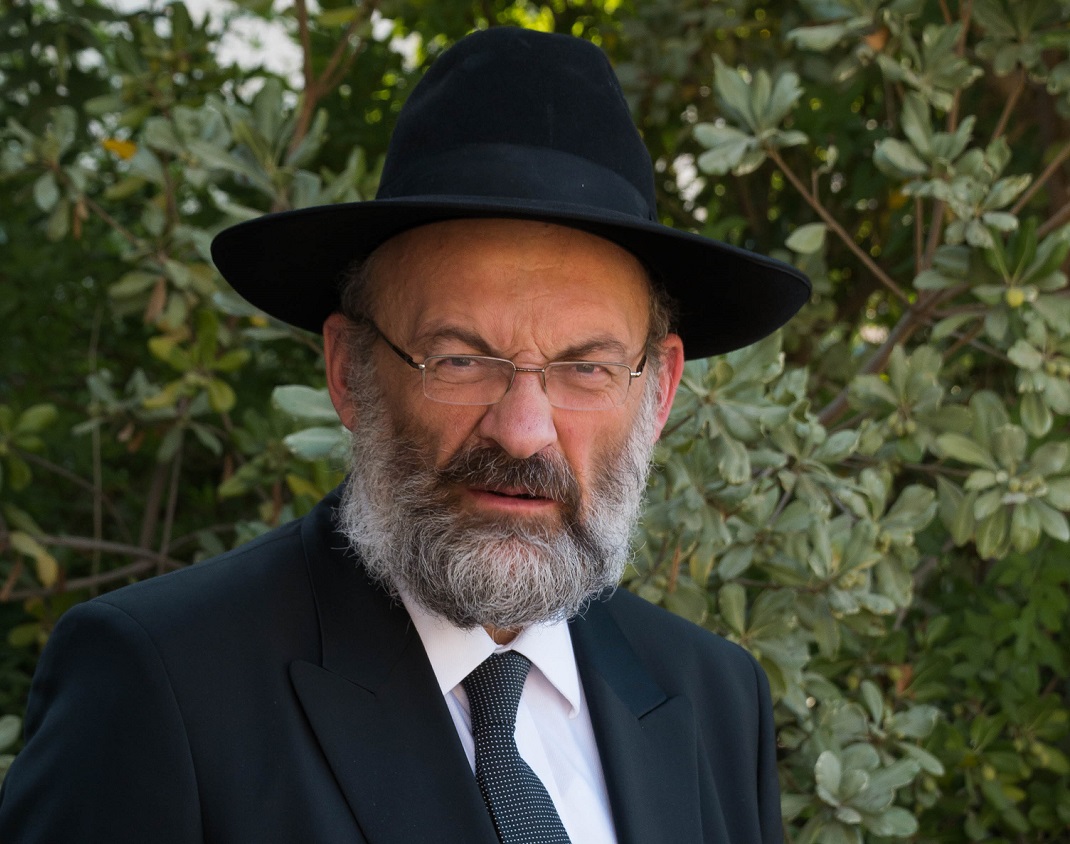What’s Your Story?

We have to dispel the widespread myth that good facts make a good story
Prepared for print by Rabbi Eran Feintuch
A
father recently consulted with me about choosing the best yeshivah for his eighth-grade son to attend next year. The boy is a strong learner and an incredible masmid. He learns before Shacharis, in the evening, Shabbos night, and Motzaei Shabbos. Naturally, his rebbi recommended a very prestigious yeshivah. But the father wasn’t sure that would be the best thing for his son.
At first glance, the father’s uncertainty is surprising. Why shouldn’t this remarkable bochur attend the best yeshivah out there?
To understand the question, we have to dispel the widespread myth that good facts make a good story. Let me explain. In a good story, the characters aren’t static. They don’t just go here, go there, do this, do that. They change, reveal hidden depth, and rise to new heights. That’s the crux of the story. What they say or do, those are just the facts. The story is how they develop.
The same is true in real life. A person’s story is more than a collection of facts — his actions, strengths, and weaknesses. In other words, the bullet points on his biographical profile. A person’s story is the tale of his development — how his character traits come into play with the events in his life. It includes a person’s motives, aspects of his personality and spiritual kochos that lie beneath his actions, and shows how those elements interact in the person’s development.
The father’s hesitation wasn’t about the facts. In terms of facts, his son’s rebbi is absolutely right. The boy’s facts — his hasmadah and prowess in learning — indicate that he’s capable of succeeding in an elite yeshivah. The father’s uncertainty was about the boy’s story.
What’s the story of this young masmid? Beneath all the facts, there’s a story going on, the story of a developing youngster. And without knowing the story, you can’t be sure attending a top yeshivah would be the best next chapter.
What motivates a 13-year-old boy to learn around the clock? It could be a story of a boy who discovered a natural love of Torah, who feels spiritual delight in every daf. But it could also be the story of a boy who thrives on praise from his parents and teachers. Or the story of a boy who fancies he’s on the express path to Torah greatness.
Once you consider those possibilities, you see it’s not so simple to send him to the most prestigious yeshivah. There he’ll find dozens of boys just like him, and suddenly his uplifting feeling of being his parents’ dream come true, or of being a gadol in the making, will be jeopardized. He could end up as one of those boys who learns so well in cheder, then goes to yeshivah and has a crisis. How dangerous it is to base our chinuch decisions only on facts, and not on the story.
Facts, no matter how impressive, don’t make a person grow. They don’t guarantee a successful future. Facts are amorphous; they can fit a number of stories. Two people could have identical facts, but vastly different stories. If we want to help our children or students grow optimally, we have to look beyond their facts, and discover their story.
This concept is very foreign to us. We don’t think in these terms at all. All around us, in our colleagues, our friends, and our children, we only see facts — not stories.
Not seeing the story isn’t just the cause of many of our mistakes in chinuch, it’s also the main reason we judge others unfavorably. It’s not just because we have bad middos. We form our opinion about other people based solely on the facts. We see a seemingly negative fact about another person, and that’s it, case closed. We see nothing developing beneath the surface, no kochos, no character strengths. So we’re incredibly quick to write others off.
Even superficial facts are enough for us to cease thinking about the other person. We see someone without the outfit favored in our circles — end of story. We don’t see — certainly we don’t think about — anything else!
Thirty years ago, Rav Wolbe screamed in Yeshivas Mir that he knew someone who was a living Shas, who happened to wear a blue shirt. I knew him too. He served on an illustrious beis din at a very young age. But what would we see if we saw him on the street, without prior knowledge? Just the blue shirt! We educate our children with facts, we judge people with facts. We don’t see any story at all.
Even when it comes to our own development, we see only facts. We don’t see our own story. A yungerman told me he has a problem connecting to learning. I asked him if he ever had a hobby. He replied that as a boy, he used to read the same books over and over. He saw only the dry fact, an aspect of his youth that he now viewed as infantile. But what a terrific story! That hobby shows he has a deep koach to find meaning and excitement in reexperiencing already familiar content. That, I told him, is exactly the koach he could use to connect to learning.
In our lives and the lives of those around us, there are fascinating stories going on every single day. But many of us don’t see any story at all. We wake up, daven, go to work…. We don’t see anything developing under the surface.
If we learn to make the distinction between facts and story, we’ll start to view the world in a new light. I know people who have great facts, but their story stinks to the high heavens. And I know other people whose facts are disreputable, but their stories are unbelievable.
Not only do good facts not guarantee future success, at times they even undermine it. The gemara in Nedarim says: “Don’t be dismissive of the children of the poor, for Torah will emerge from them” — they will be the future leaders of Torah. Rav Chaim of Volozhin explains that because the sons of the wealthy receive a premiere Torah education growing up, they tend to actualize their full potential at a young age. Later, when their intellectual strengths are at their prime, they rest on their laurels.
But the poor boys, whose early education was mediocre, retain a lot of unrealized potential. Later, when they go to yeshivah, they’ll achieve much greater success. Rav Chaim then adds that this is a general principle in personal development.
We think facts breed facts. Good facts will produce more good facts; bad facts will produce bad facts. It’s not true. Everything depends on the story. My sons didn’t participate in any extracurricular learning; they didn’t even do their homework. They played a lot, spent time with friends, and here and there did some pretty shameful things. Terrible facts.
But there were great stories going on: stories of responsibility, of loyalty, of friendship. Those stories made my sons grow, and later on, once they were more mature, their facts became great too.
If we want to grow, to appreciate other people, or educate our children to our best ability, we have to train ourselves to see their stories. Take an older person who’s grown over the years, and try to identify the kochos and personality traits that spurred his development. Eventually, look at your children, and try to see what stories lie behind their facts. Don’t jump to any conclusions, just begin to consider different possibilities.
That’s the first step to making sure every child’s story — and one’s own — is a fruitful one.
(Originally featured in Mishpacha, Issue 947)
Oops! We could not locate your form.




